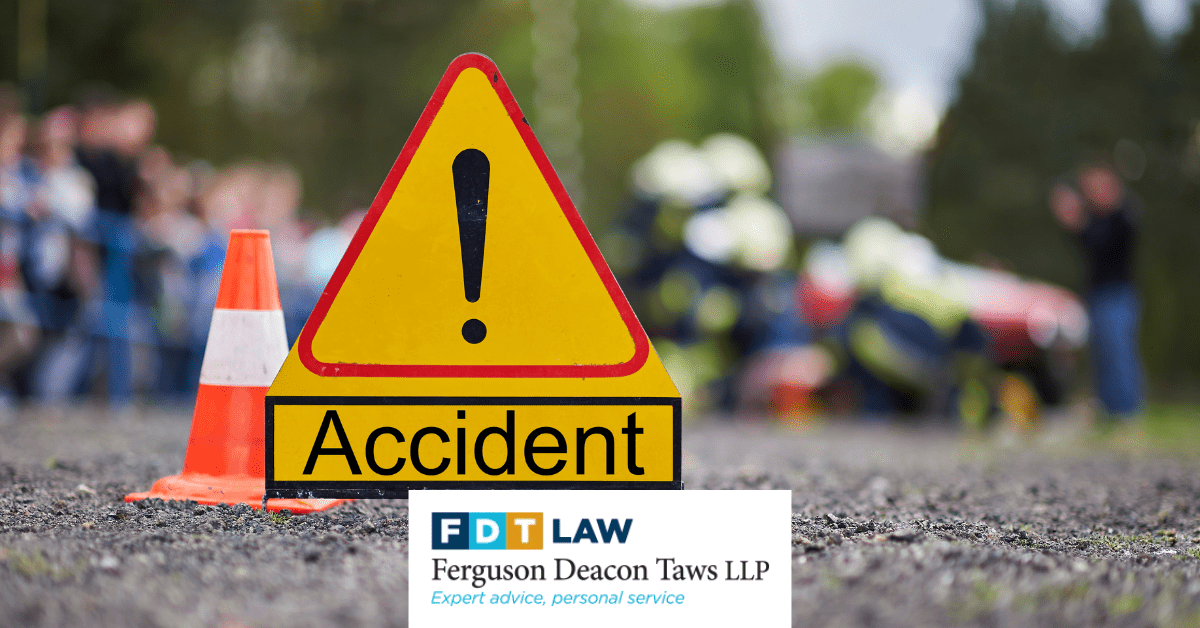A brain or spinal cord injury resulting from a motor vehicle accident can be one of the most terrible injuries a person can sustain. These injuries can change one’s life permanently and most times, these injuries do not only affect the injured person, but can have an impact on one’s friends and family as well. These injuries can be extremely life-altering therefore, victims experiencing debilitating effects of these injuries may be eligible for compensation.
Below are brain injury facts that have been collected by the Northern Brain Injury Association and Brain Injury Society of Toronto.
Brain Injury Facts
- 1 in 3 Canadians is directly impacted by brain injury in some way
- 50,000 Canadians sustain brain injuries each year, and incidence rates are rising
- More than 11,000 Canadians die each year as a result of TBI
- 90% of all brain injuries would never have happened if money was invested in education and prevention
- Brain injury is the leading killer and cause of disability of Canadians under the age of 40
- 30% of all brain injuries are sustained by children, many of them occur while participating in sports and recreational activities
- Young males are twice as likely as young females to sustain brain injuries
- Automobile accidents account for more than 50% of all Traumatic Brain Injuries
- Injury is the leading killer of Canadian children and youth. 50 per cent of all deaths from injury are from brain injuries
- Brain and spinal cord injuries impact more than half a million Ontarians each year and cost the province between $2 and 3 billion each year
- Canadians are 44 times more likely to acquire a brain injury than a spinal cord injury
Recommendations
Sometimes, even when you take precautions, accidents still happen. If you are riding a motorcycle, always remember to wear a helmet. Our team has experience dealing with cases involving hypoxic brain injury, traumatic brain injury, concussions and other head injuries. We work with many trusted and respected medical experts and health care professionals that can assist in the litigation process, from assessment to trial.
Spinal Cord Injuries
In Canada, there are approximately 4,300 new spinal cord injuries each year, of this figure, 42% are traumatic injuries.
Types of Spinal Cord Injuries:
- Paraplegia is the paralysis of the lower extremities. Usually there is a loss of sensation in paralyzed limbs and other effects such as muscle spasms, pain and loss of bowel and bladder control.
- Quadriplegia occurs when there is damage to the spinal cord in the Cervical region. This will cause impairment to the hands and arms in addition to the effects of paraplegia.
- Hemiplegia is the paralysis of one side of the body as a result of a stroke or traumatic brain injury and should not be confused with paraplegia or quadriplegia. With paraplegia and quadriplegia the brain is not affected. With hemiplegia, there may be an impairment of intellect, personality, speech or senses.
Safety Tips
In a car, always remember to adjust your driving to the conditions of the road, use the proper lighting to match said conditions. Continue to obey the speed limit along with the other rules of the road, and never drink and drive.
On a motorcycle, helmets save lives and are required in Ontario by law – according to the Ministry of Transportation Ontario almost 10% of riders killed and almost 15% of riders injured in collisions were not wearing helmets. It is also worth noting that high-quality riding gear can better protect you in the event of an accident.
If you have been in an accident and/or sustained an injury, our team of experienced Ontario personal injury lawyers can help. Contact us online for a free consultation or call 705-526-1471 to speak directly to on of our lawyers.







